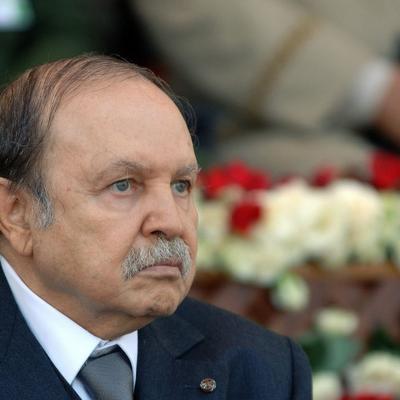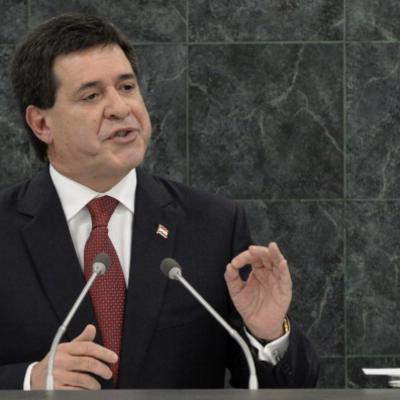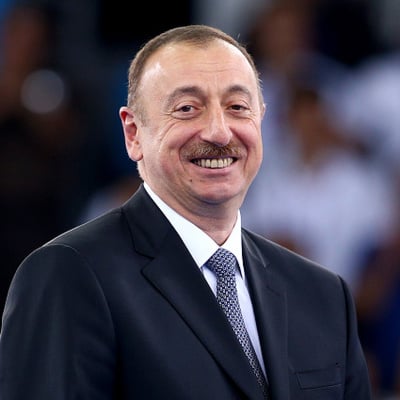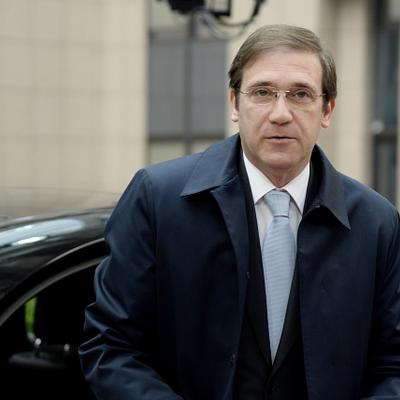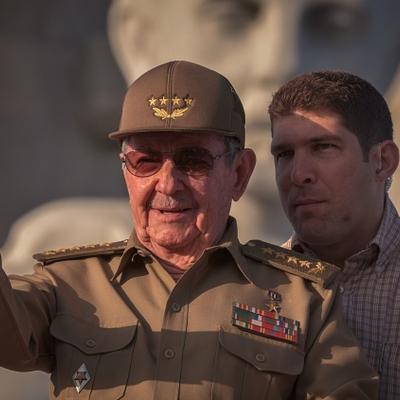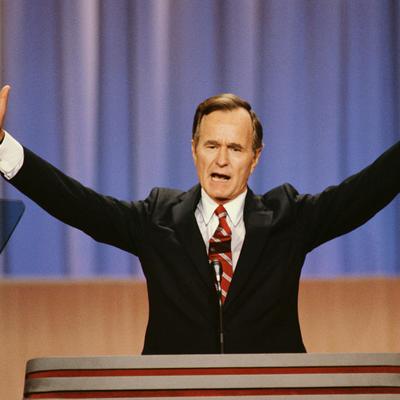What Was Fidel Castro's Net Worth?
Fidel Castro, a Cuban communist revolutionary and politician, had a net worth estimated at $900 million at the time of his death in 2016. Although Castro always disparaged such estimates, financial experts determined that his net worth ranged from $500 million to $900 million. Details on these financial estimates are discussed further below.
Castro held significant political positions in Cuba for decades, serving as the First Secretary of the Communist Party of Cuba for 45 years, Prime Minister for 17 years, and President of the Council of State and the Council of Ministers for 32 years.
Wealth
At the time of his death, experts approximated Castro's wealth to be $900 million. In the early 2000s, when "Forbes" estimated his net worth to be several hundred million dollars, Castro declared:
"If they can prove that I have a bank account abroad, with $900 million, with $1 million, $500,000, $100,000, or $1 in it, I will resign."
"If they prove that I have a single dollar, I'll resign my post… there will be no need for plans or transitions…"
Despite his denials, several prominent Cuban businesspeople and exiles claimed Castro controlled numerous commercial enterprises with a collective value of at least $500 million. This figure excluded the alleged "several hundred million dollars" stashed in secret international bank accounts, primarily in Switzerland, and his significant Cuban real estate holdings. Considering these assets, some speculated his wealth could be in the billions, although Castro consistently disputed these claims.
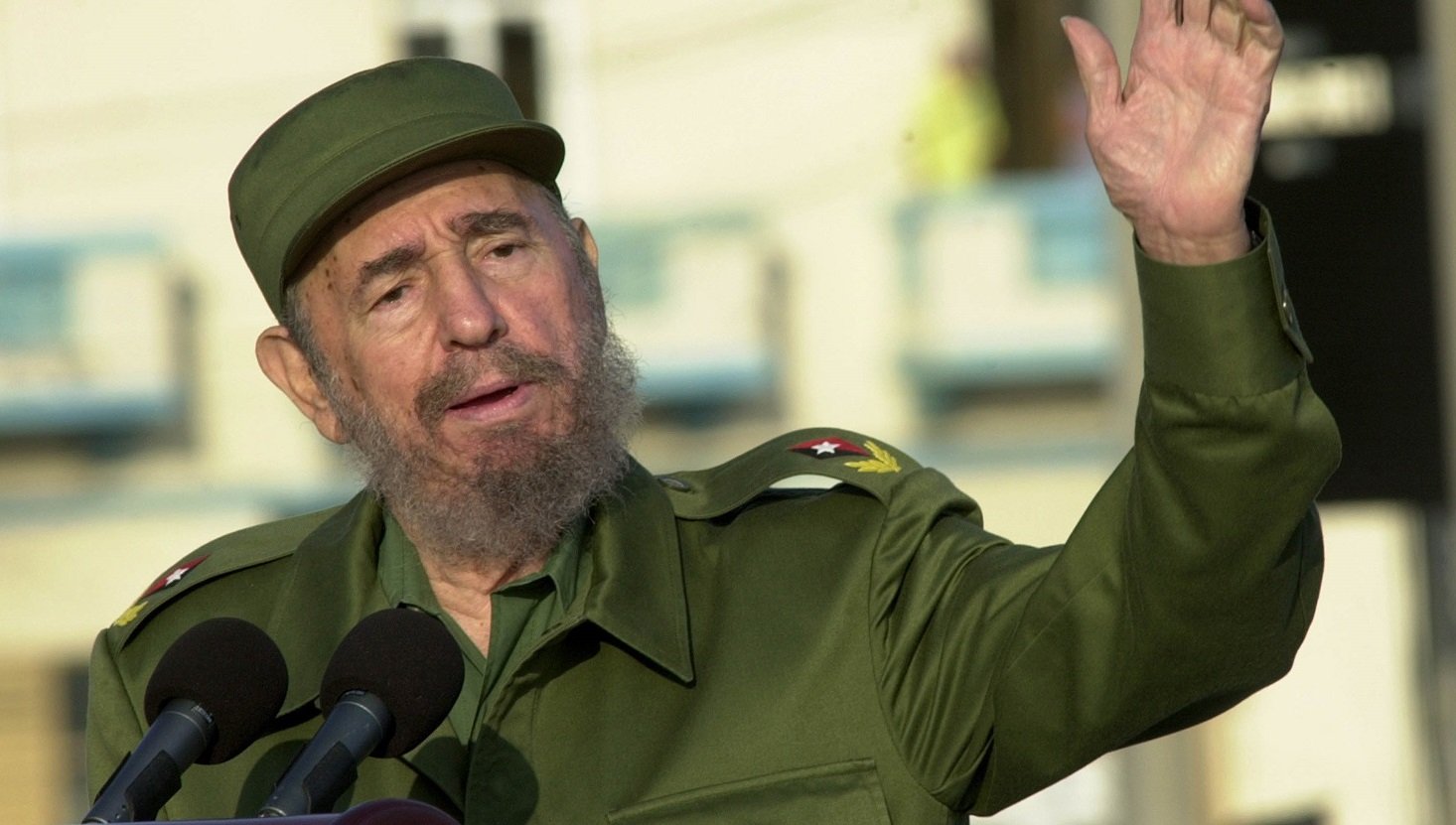
(Photo by Jorge Rey/Getty Images)
Early Life and Career in Politics
Fidel Alejandro Castro Ruz was born on August 13, 1926, in Birán, Oriente Province, Cuba. He was the illegitimate son of a wealthy farmer. Castro developed leftist, anti-imperialist political views while studying law at the University of Havana. He took part in rebellions against right-wing governments in the Dominican Republic and Colombia before attempting to overthrow Cuban President Fulgencio Batista's US-backed military junta. This endeavor led to his imprisonment for a year in 1953 after an unsuccessful attack on the Moncada Barracks.
Cuban Revolution
Upon his release, Castro traveled to Mexico and formed the 26th of July Movement with his brother Raúl and Che Guevara. In 1959, this revolutionary group successfully ousted Batista, and Castro assumed military and political control as Cuba's Prime Minister.
Castro's alliance with the Soviet Union alarmed US Presidents Dwight D. Eisenhower and John F. Kennedy, who tried to overthrow him through various means, including assassination attempts and the 1961 Bay of Pigs Invasion.
In response, Castro solidified an economic and military alliance with the Soviets, allowing them to place nuclear weapons on the island, leading to the Cuban Missile Crisis in 1962. He declared Cuba a socialist state, nationalizing industries, and implementing socialist reforms throughout society. Castro's support for anti-imperialist revolutionary groups and Marxist governments worldwide boosted Cuba's global profile, especially during the Cold War.
Following the Soviet Union's dissolution in 1991, Cuba faced an economic crisis. Castro navigated this "Special Period" by forming alliances in Latin America and joining the Bolivarian Alliance for the Americas in 2006. Due to declining health, he transferred his responsibilities to Vice-President Raúl Castro in 2006, who became the official president two years later.
As the longest-serving non-royal head of state in the 20th and 21st centuries, Castro was seen by supporters as a champion of social justice and independence while critics condemned him as a dictator responsible for human rights abuses and mass Cuban exodus. Castro passed away at 90 on November 25, 2016. Following his death, his ashes were transported across Cuba and entombed in Santiago de Cuba's Santa Ifigenia Cemetery after nine days of public mourning.

(Photo by Jorge Rey/Getty Images)
Personal Life
Castro married Mirta Diaz Balart in 1948, and they divorced in 1955. They had a son, Fidel Angel "Fidelito" Castro Diaz-Balart, who later managed Cuba's atomic energy commission before being dismissed by his father. Fidelito died by suicide in 2018.
During his marriage to Mirta, Castro had an affair with Natalia "Naty" Revuelta Clews, resulting in a daughter, Alina Fernandez Revuelta. Alina left Cuba disguised as a Spanish tourist in 1993, seeking asylum in the United States, where she became a vocal critic of her father's policies.
Castro also had three other children from brief relationships and was married to Dalia Soto del Valle from 1980 until his death. They had five sons together.
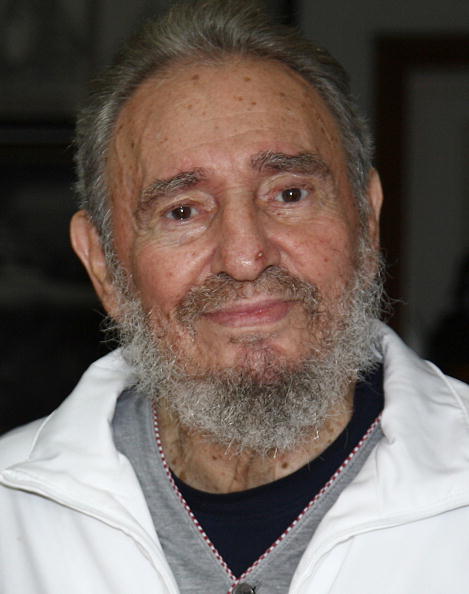
AFP / Getty Images


